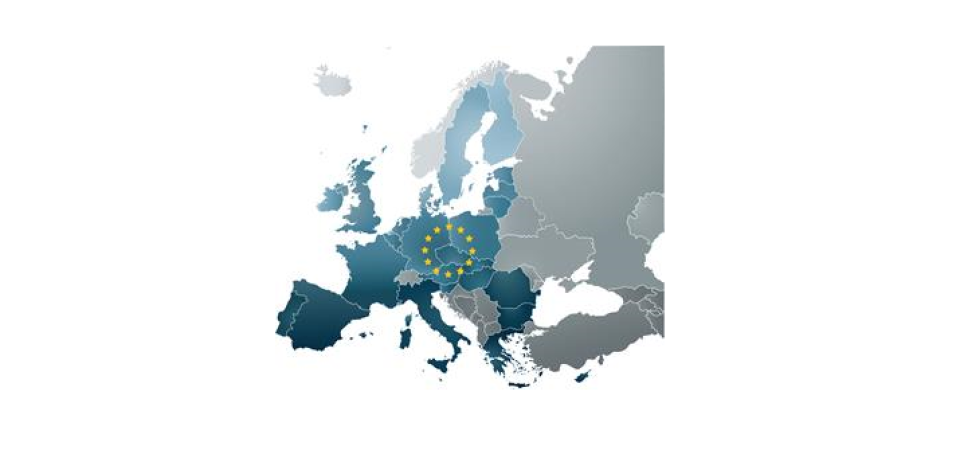The EU Fertilizer Regulation is currently undergoing its first revision since 2003. The new draft regulation proposed to replace it was the first dossier under the EU’s new Circular Economy package.
The new regulation aims to bring more novel fertilizing products to market – particularly those containing nutrients or organic matter recycled from biowaste or other secondary raw materials – and facilitate their uptake and use. If adopted, the new regulation will establish the safety and quality requirements necessary for fertilizing products to be sold across all EU countries. It will thus replace 28 differing sets of rules with one, single, coherent set for the whole EU.
As you will know if you have read ECOFI’s other blog posts, organic-based fertilizers are exactly the kind of fertilizing product targeted by the new regulation because of their circular and resource-efficient nature.
ECOFI supports the regulation and is engaging in the negotiation process for adopting it into law at EU-level. However, certain outstanding issues do not make sense for organic-based fertilizers, which ECOFI would like to see corrected – see the brief summaries below.
REACH
Today, normal REACH requirements apply to fertilizers and other products, like cosmetics, which you apply to your skin, or even ingest.
- The draft regulation proposes applying stricter requirements for fertilizers despite the fact that many fertilizers are already used safely under normal REACH requirements, and no scientific justification has been made of safety gains from increasing requirements.
- Furthermore, the draft regulation does not maintain all the registration exemptions in the REACH regulation, notably exemptions in Annex V that exempt substances resulting from incidental interactions between components or that result from the normal functioning of products (for example, incidental reactions at the interface between mineral fertilizers and coatings, whether chelates or a layer of organic material).
ECOFI urges the European Council and Parliament to reinstate normal registration requirements and exemptions to avoid unnecessary disruption to supply chains
Contaminants
Human and environmental health and safety are of the utmost importance to ECOFI, and crucial to a well-functioning regulation. However, in the draft, contaminants are not always expressed in the most appropriate forms.
- E.g.: Seaweed – an important component of some organic-based fertilizers and other fertilizing products – contains high levels of organic arsenic, but almost no inorganic arsenic. according to the Commission’s own work on the subject, only inorganic arsenic poses a threat to the environment and human health – organic arsenic is almost entirely harmless. However, in the proposed regulation, arsenic is only expressed as ‘total arsenic’ without differentiation between its two forms.
ECOFI calls for appropriate distinctions and definitions so as not to exclude the use of valuable and safe component materials in organic-based fertilizers.
Out of scope
Not all ingredients in organic-based fertilizers fit easily into the categories outlined in the draft regulation.
- For example, vegetable cakes are plant-based industrial by-products which may be treated with chemical solvents to extract oils and other desirable substances.
- These cakes are used in organic-based fertilizers, but currently do not fit into the regulation anywhere. On the one hand, they don’t fit into the Component Material Category because of the residual amounts of solvents that they contain. On the other hand, they are excluded from the Component Materials Category for “virgin” materials because they are by-products.
It would be a missed opportunity if such by-products were to be wasted instead of being reused, and innovative, effective and safe products were to miss out on a CE-mark without valid reason.
Animal by-products
Currently, a wide range of animal by-products are safely used in organic-based fertilizers.
- To enable their continued use, end-points must be defined and end-of-waste status attributed so that they can be incorporated into CE-marked products in future. This is crucial to both the organic-based fertilizer industry and to fostering a more circular economy.
- This also refers back to the origins of the organic-based fertilizer industry: the ability to recycle nutrients and thus use them more efficiently.
ECOFI calls on end-points to be defined for animal by-products.
Despite the points that still need to be improved, ECOFI strongly supports the reasoning behind the regulation and the bulk of the dossier – and hopes to see its adoption in the coming months, even if some issues are still outstanding. ECOFI is convinced that progress can continue to be made on the regulation during revision, notably if appropriate powers of delegation are granted tot he European Commission to ensure that the regulation functions well and adapts to ongoing technical progress and the advancement of scientific knowledge on related issues.
- If you would like to impact the decision-making process at EU-level, join ECOFI today to get a seat at the table.
- The ECOFI blog and twitter account will continue to provide up-to-date insights into the progress of the fertilizing products regulation – don’t miss out.



